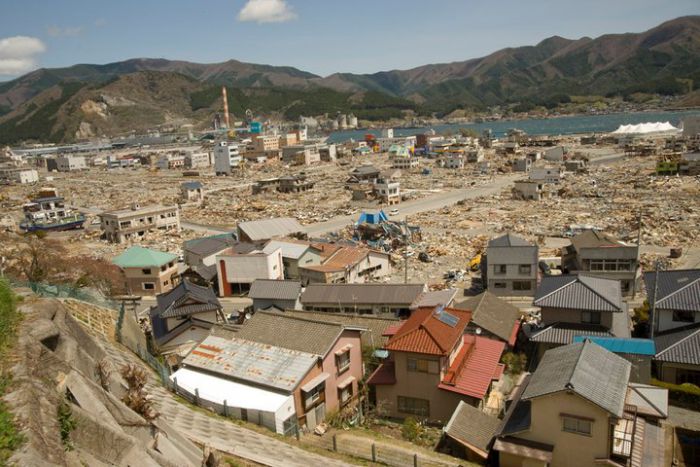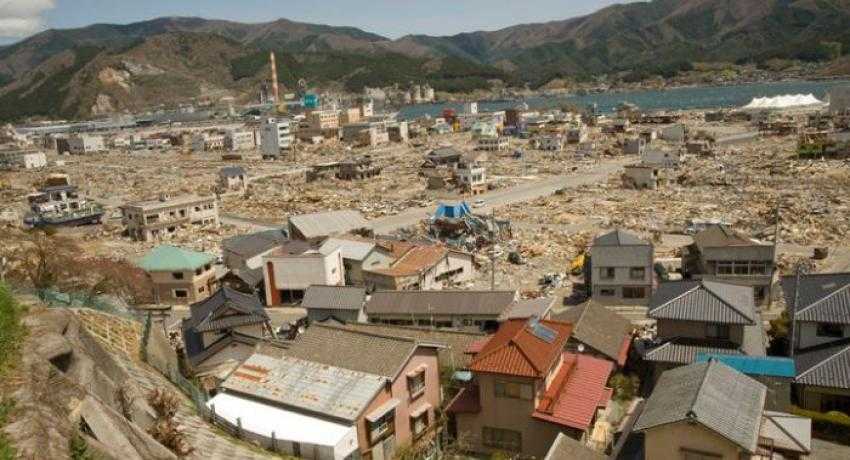Habitat for Humanity starts first solar project in Japan’s tsunami recovery region
 Two years after the tsunami and subsequent Fukishima nuclear disaster Japan is still recovering. Now, as part of the recovery efforts, Habitat for Humanity Japan is installing its first solar array on a home there. It’s also the first non-profit there to help individual households harness benefits of the country’s new solar feed-in-tariff.
Two years after the tsunami and subsequent Fukishima nuclear disaster Japan is still recovering. Now, as part of the recovery efforts, Habitat for Humanity Japan is installing its first solar array on a home there. It’s also the first non-profit there to help individual households harness benefits of the country’s new solar feed-in-tariff.
Last Friday (May 31) the organization installed its first PV array on its pilot “Solar Home Recovery Project.” The array was installed on the roof of the Hazawa house. The Hazawas home in the Ofunato, Iwate Prefecture damaged in the flooding in the aftermath of the earthquake and tsunami in March 2011, leaving them with no livelihood, according to Habitat for Humanity.
“I am just so thankful. I was interested in getting a solar power generation system for my house, but there was no way that I could afford it. With this support from Habitat, it is much easier for me to envisage, and be hopeful of, a better life and future,” said Kenichi Hazawa. The newly installed system will help the Hazawa household reduce their utility bills, and will actually help them generate income through the country’s FiT, which pays them for excess electric generation.
The Hazawas are the first of 13 families in Ofunato that will benefit from the first phase of Habitat for Humanity’s pilot solar project. The families were chosen on a need basis, with special attention given to those with disabilities, Habitat said. The organization estimated that based on a 3 kilowatt array, households in the program could save and earn roughly 1 million yen approximately $10,154 over 10 years. Under the FiT, utilities are paying 38 Yen per kilowatt-hour (approximately 37 cents per kWh).
“As someone from the affected coastal area of Iwate Prefecture, I am proud to be a part of this project,” said Hisato Harako, President of Higashinihon Sorana, whose company will install all the arrays in the pilot. “The need for renewable energy is now higher than ever before the disaster. I hope this project will help bring about a positive change for the future of disaster-hit areas.”
The project is sponsored by Hilti, which donated tools and money to support the pilot project’s first phase. “In the project’s second phase, solar panels will be installed at community centers where generated income would be used to fund revitalization ventures in the area,” Habitat said.




